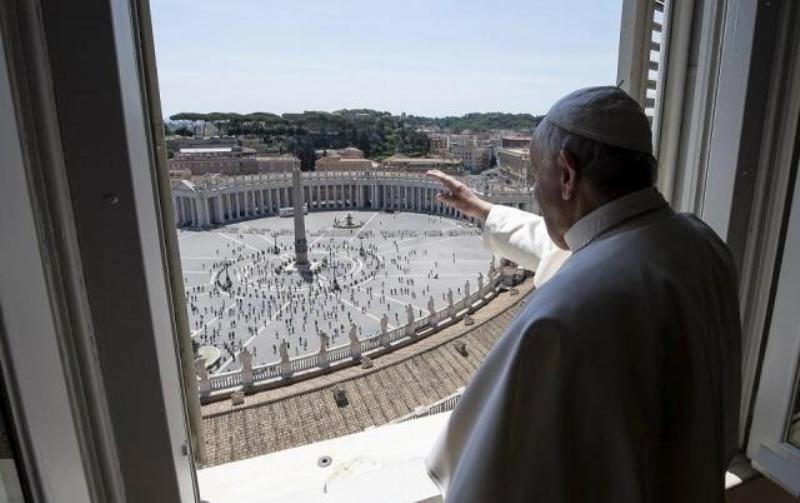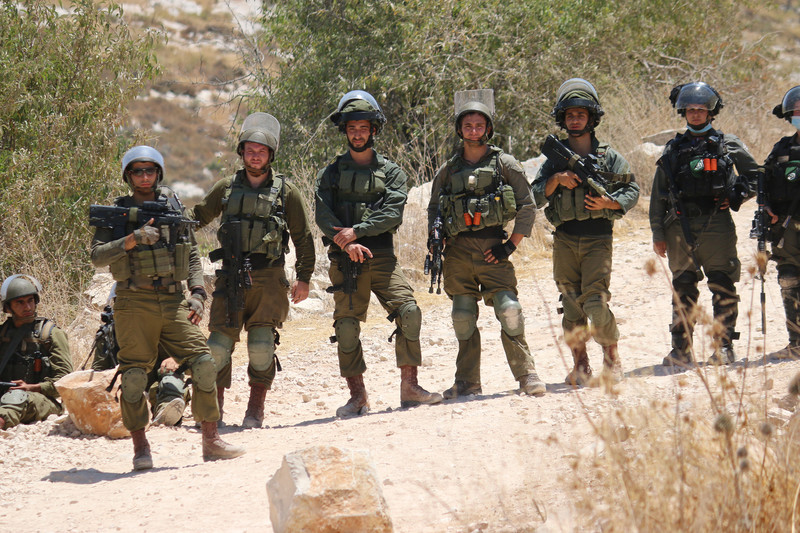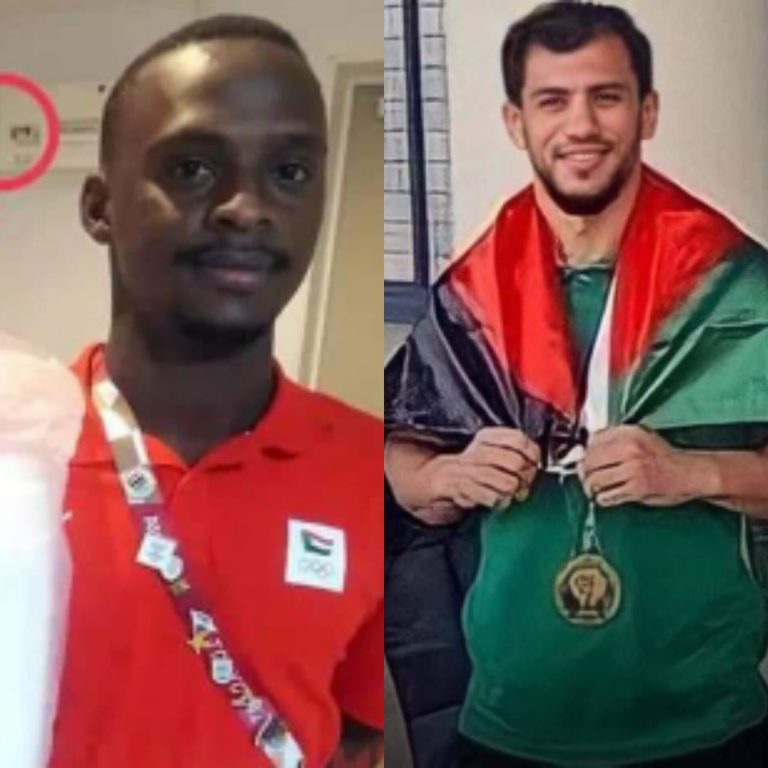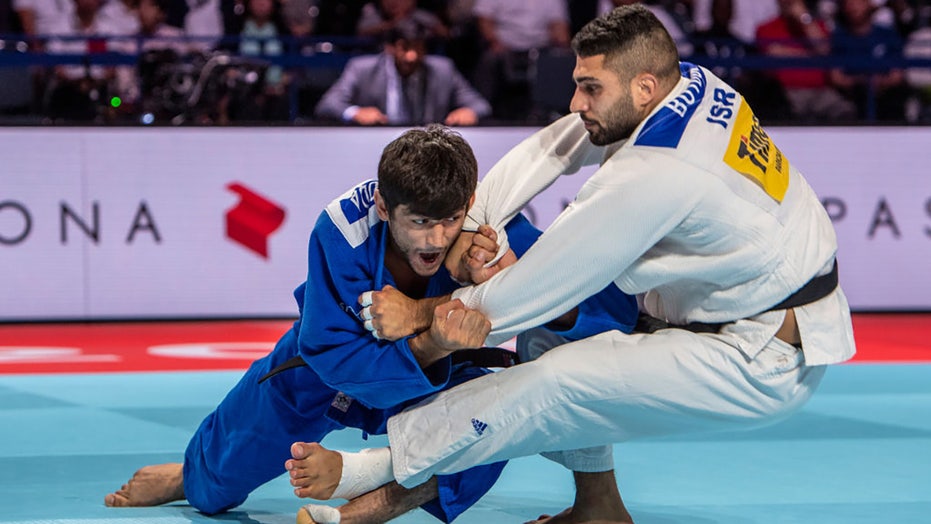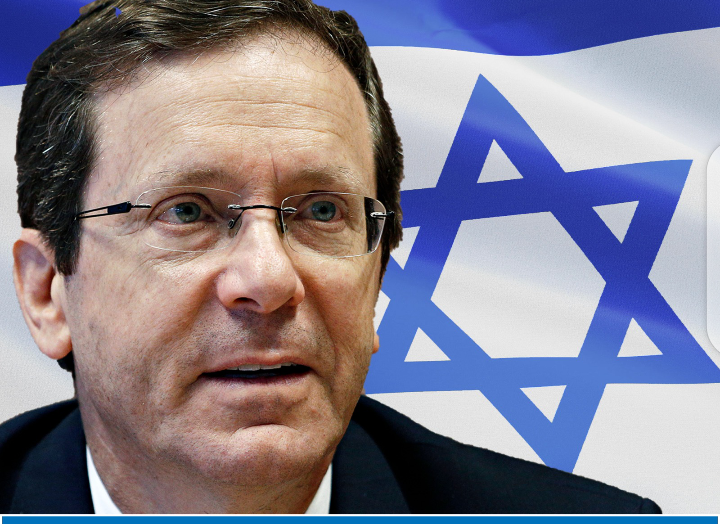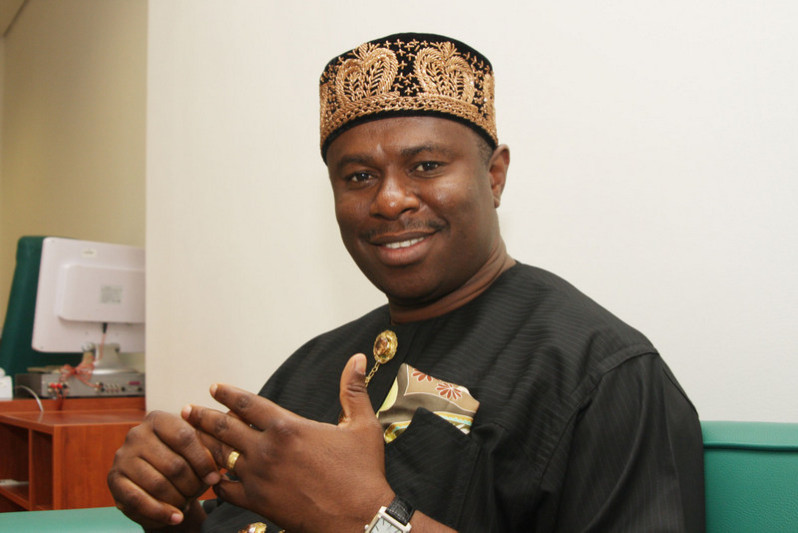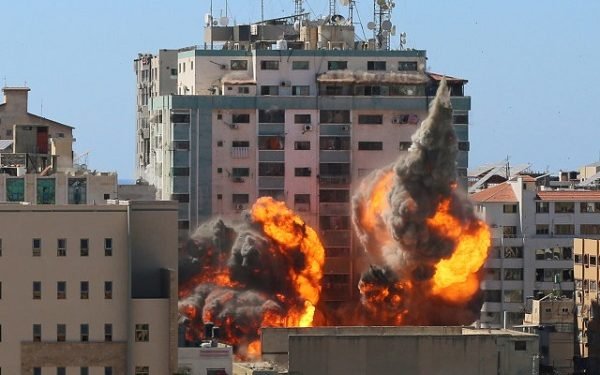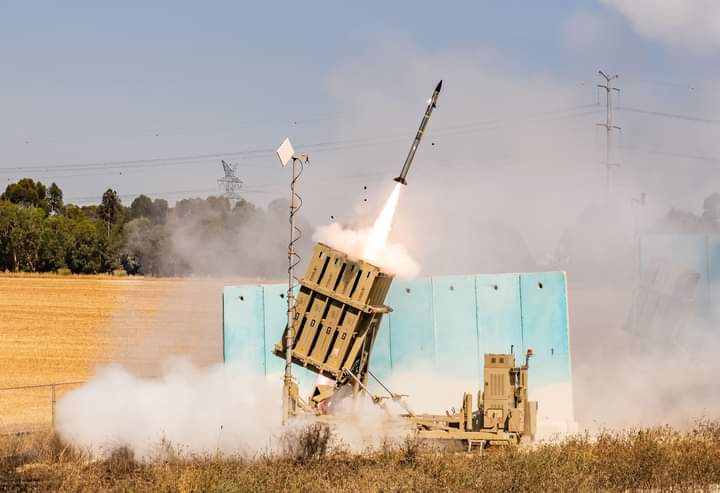By Dakuku Peterside.
Perhaps no conflict in the world has lasted so long, generated as many news headlines, or engendered as much controversy as the Israeli-Palestinian conflict. This conflict has received a lot of international attention, and it usually inflames passion from both the supporters of Israel and the Palestinians. Most Christians usually support the Israelis for different reasons. On the other hand, an overwhelming majority of the Palestinians are Muslims, so they have support from a vast population of Muslims worldwide.
However, despite the high degree of international attention every Israeli-Palestinian conflict generates, the skirmishes are still widely misunderstood. While Israelis and Palestinians and their respective supporters trade accusations, many outside observers remain confused by the conflict’s complexity and perplexed by the passion it arouses.
The latest fighting between Israel and Palestinian militants in Gaza began on May 10, after weeks of rising Israeli-Palestinian tension in East Jerusalem that culminated in clashes at al-Aqsa, a holy site revered by both Muslims and Jews. Hamas began firing rockets after warning Israel to withdraw from the site, triggering retaliatory airstrikes.
Media reports indicate that “in the Gaza Strip, Israeli strikes have done enormous damage to buildings and civil infrastructure, bringing down several apartment and office towers and levelling government buildings, service facilities such as schools and banks, homes, and security compounds, including several police stations. As of 13 May, Hamas had fired over 2,000 rockets and mortars at Israel (several which misfired, and most of which Israel intercepted with its Iron Dome air defence system, but some of which landed in Tel Aviv and other urban areas); and Israel had carried out hundreds of air and artillery strikes. Hamas’s firepower, both in terms of number of rockets and their reach, far surpasses earlier escalations, and Israeli retaliation has been swift and devastating, making this episode’s destruction more comparable to the four earlier Gaza wars – in 2006, 2008-2009, 2012 and 2014 – than any of the flare-ups in between.”
There have been talks of One-State and Two-State solution. Most observers favour the Two-State solution. This essentially means creating two states for two peoples, Israel and Palestine. On paper, the Israel state would retain a Jewish majority, thus remaining a Jewish state, and the Palestinian state would have a Muslim Arab majority.
However, there are problems with this, mainly regarding the borders and the status of Jerusalem. For Jews, Jerusalem is the holiest city in the world — it is where the First and Second Temples of antiquity stood, on what Jews now call the Temple Mount, and where the Western Wall stands as a remnant and reminder of the Second Temple. For Muslims, Jerusalem is the third holiest city because it is where Muhammad ascended to heaven — and, since the 7th century, it has been the site of the gilded Dome of the Rock and the al-Aqsa Mosque, which also are located on top of the Temple Mount. For Christians, Jerusalem is where Jesus was crucified and contains the Church of the Holy Sepulchre, which, according to tradition, contains the two holiest sites in Christianity: the site of the crucifixion and Jesus’ empty tomb.
.
The world has been horrified by images of Arab women and children and Israeli civilians killed in the conflict. Both parties should stick to the rules of engagement to minimise the loss of lives and wanton destruction of properties. International mediation led by the United States should not appear to take sides, as was the case during the Trump administration. This was not helpful.
It should be clear to the leaders of the Israelis and the Palestinians that unless they embrace peace and work out a viable way to exist peacefully side by side, their children and generations unborn would inherit an environment of hostility, fear, angst, and permanent conflict. They should heed the call for a ceasefire immediately.
There are significant similarities between the Israeli – Palestinian conflict and crises among ethnic nationalities in Nigeria today. The land is a vital issue of contention between the Israelis and the Palestinians. Land and perceived attempt to force people out of their land is one of the critical issues at the root of the agitation in Nigeria. History has shown that people are usually inflamed and emotional when encroachment or displacement from their original homeland arises. Furthermore, Isolation and rivalry for influence and access to resources define the Israeli-Palestinian conflict. The tension in Nigeria today revolves around different ethnic groups positioning for power and being denied or having greater access to national resources.
Given the activities and agitations of secessionist groups in Nigeria in recent times and the various conflicts with ethnic and religious undertones, what lessons can Nigeria learn from the Israeli-Palestinian brouhaha? What must we do to avoid a similar fate of either the Israeli’s or Palestinians?
The first lesson is the danger of cultivating and solidifying lines of suspicion and hatred among people of different ethnic identities. This often leads to sowing seeds of generational crisis that will not go away. This is evident in the apparent suspicion among all the ethnic groups in Nigeria. This suspicion has held Nigeria hostage for years. It has led to ethnic champions calling for the secession of their ethnic nationality from Nigeria – (Biafra, Islamic State of West Africa,Niger Delta Republic and Oduduwa state). Besides, Nigerians judge all appointments on an ethnic basis and every tribe clamour to obtain the ultimate political power and believes that whoever gets it is in the domination of others. That is why the presidency of Nigeria is not given to the most qualified person but to someone from a preferred ethnic group at any given point in time. This undermines the prosperity of the nation. The hatred and suspicion among ethnic groups have never been as high in our history than it is now, except during the civil war. A cursory look at the Israeli-Palestinian conflict shows the cost of ethnic hatred and suspicion. May Nigeria never become like that.
The second lesson is the danger of reducing complex issues to a simplistic competing single narratives. The Palestinians claim that Israelis are occupying their territory, the Israelis claim that Arab countries want to wipe them out of existence and Palestinians (especially HAMAS) are terrorists. None of these narratives is entirely accurate. Each statement summarises how each side views the conflict. Still, when this narrative is sold to the population of each side as the only and ultimate truth, they consider the opposing view as false and see people from the other side as enemies. This is even made worse by various hate speeches and hate propaganda peddled by both sides. Nigerians must eschew all forms of hate speeches. Those clamouring to secede from Nigeria should not use words that dehumanise other Nigerians who are not from their ethnic group or do not believe in their course. When humans are called ‘cockroaches and rats’, Rwanda-style ethnic cleansing is loading. Hate speech along the line of ethnicity and religion can only dovetail to war.
The third lesson for Nigeria is that sub-national groups must learn to live side by side in peace, enjoying an equal measure of freedom and prosperity and de-emphasise areas of discord. Anything that creates the impression that one group is trying to dominate another can lead to unpredictable consequences. With all of Israel’s military might, Palestinians do not mind dying instead of allowing what they deem the domination of Israel and annexation of their land. The solution to such issues is never the use of force. No power will make people who feel dominated stop agitating for what they may rightfully or wrongly regard as freedom. Nigerian government should encourage dialogue and use force only when it is inevitable in dealing with secessionist elements in the country.
The fourth lesson is leaders should know that people are not stupid, and they read in-between the lines to isolate strategies dominant power uses to achieve its military objectives. For instance, one can argue that Israel benefits from conflating the Palestinian struggle for freedom with Hamas’s Islamist ideology and indiscriminate rocket fire at residential areas. It can use the latter to justify responding with even greater force, highlighting the severe power imbalance between the two sides and dodging responsibility for its attacks on civilians. It is claiming that Hamas, a designated “terrorist” organisation, is using Gaza residents as “human shields” for its military facilities.
Operation python dance and other similar operations used against some ethnic militia by the military are evident to all. Besides, the seemingly non-conviction of marauding Fulani herdsmen across the South sends a conflicting message to people and spurs the claim of domination. Government adopting equity and fairness will help to douse tensions during periods of ethnic suspicions and hatred.
The fifth lesson we must learn is that when you want to destroy yourselves, the world will watch you, and you will not be their primary concern. We are watching how lives are wasted, infrastructure destroyed, property incinerated, and the world powers have been holding meetings and calling for a ceasefire from their faraway capitals. The real casualties are the Palestinians and the Israelis. Nigeria should learn from this. When we allow conflict to engulf Nigeria, we will be the ones to suffer all the consequences.
The sixth lesson for Nigeria is understanding the superiority of technology and economic growth over religiosity and ethnic irridentism. Israel, a state berthed less than 70 years ago, is dominating the whole Middle East. It is interesting to point out that this small nascent nation developed its economy to become part of developed nations globally and is a leading nation in science and technology. It is satirical that when the Christians and Muslims in Nigeria and Palestine are busy praying to the God to fight their wars and rescue them from poverty and damnation, Israel is working out their salvation through scientific breakthroughs and military superiority whilst believing in God.
Nigerians’ over-reliance on religiosity and willingness to even kill in the name of God should be examined and reduced to the barest minimum. We should embrace science and technology and work hard to build our country economically and militarily. This way, we can cope with and resist external aggressions from Boko Haram and other terrorist elements within and outside Nigeria.
The situation of conflicts both in the Middle East and Nigeria may look complex. The solutions may look farfetched. But as in every human endeavour, there is always a way out. The time to look for that way is now.
